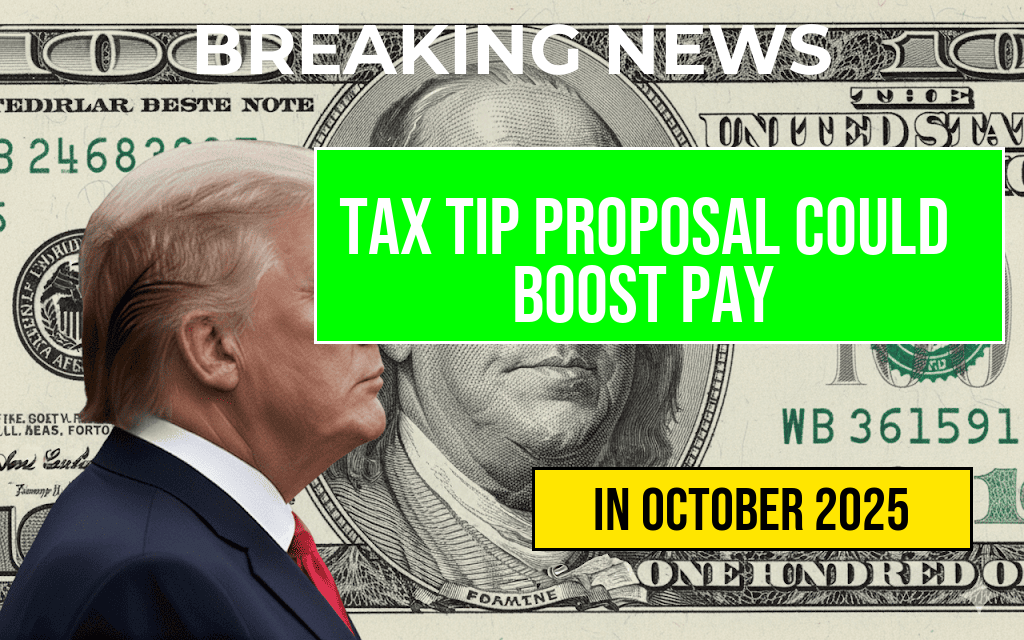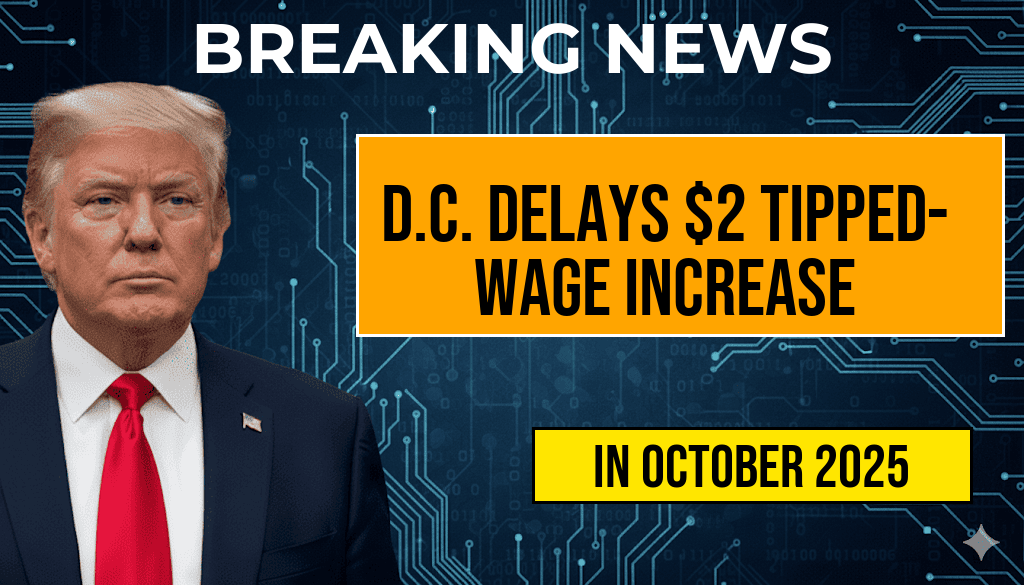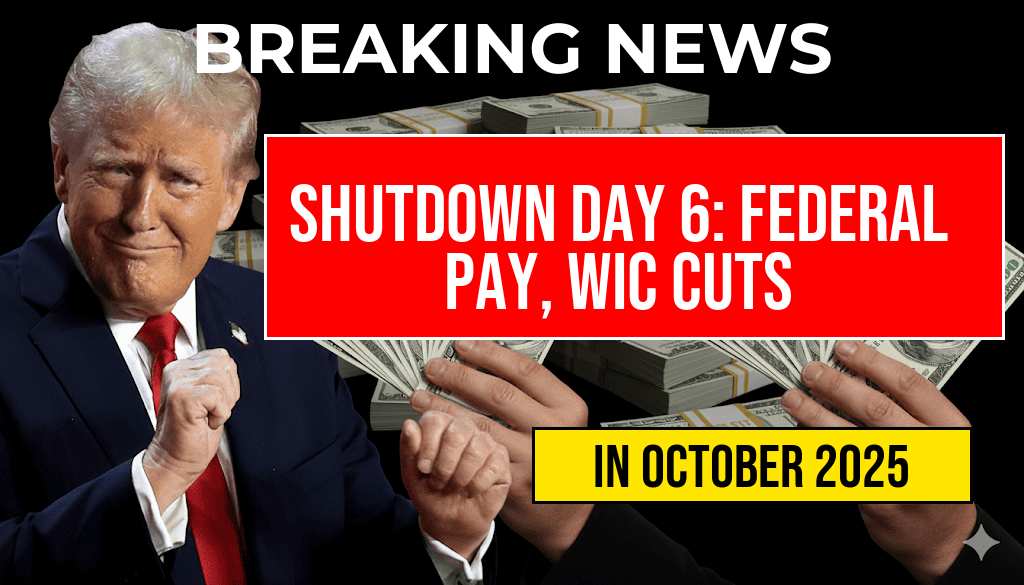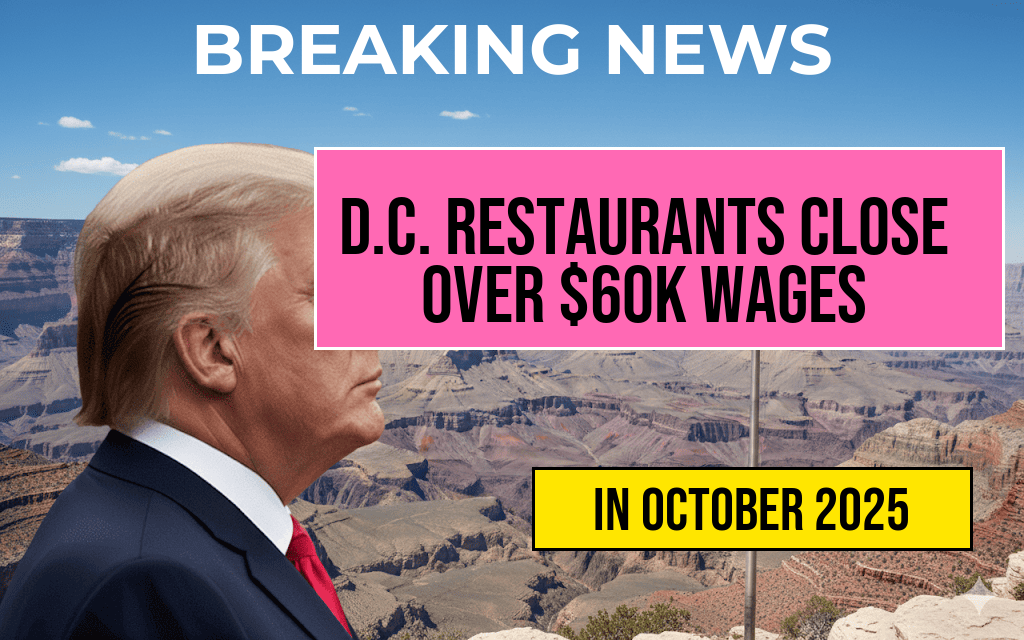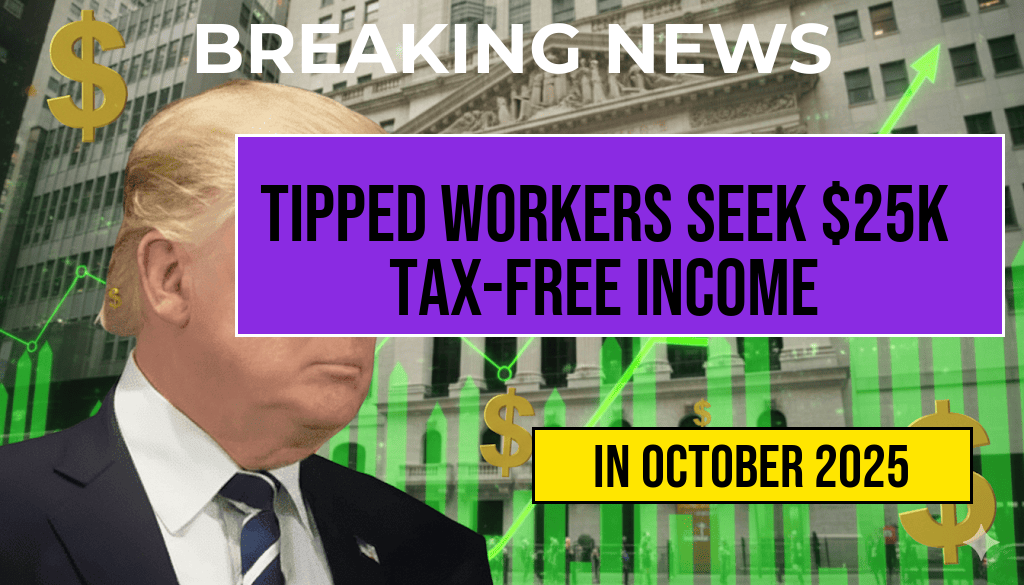D.C. Delays $2 Tr tipped-wage Increase, Potentially Costing Servers $4,160 Annually Compared to Original Plan
Washington D.C.’s decision to postpone a planned increase in the tipped minimum wage has sparked concern among restaurant workers and industry advocates. Originally scheduled to raise the hourly tipped wage from $5.35 to $12.50 over the next several years, the delay means servers may miss out on an additional $4,160 annually, according to estimates by industry analysts. The postponement, announced by local officials last week, reflects ongoing debates over wage fairness, economic recovery, and the impact of inflation on both workers and businesses. For thousands of tipped employees in the nation’s capital, the change could significantly influence their earnings, tips, and overall financial stability.
Background on Washington D.C.’s Wage Policy for Tipped Workers
Washington D.C. has long maintained a separate minimum wage structure for tipped employees, distinct from the standard minimum wage. As of 2023, the city’s tipped minimum wage stood at $5.35 per hour, substantially below the regular minimum wage of $16.10. The original plan, approved in 2020, aimed to gradually increase the tipped wage until reaching parity with the standard minimum by 2025, thereby providing a more equitable earning potential for servers and bartenders.
Proponents argued that the phased approach would help restaurants adjust financially while ensuring workers are paid a living wage. Critics, however, expressed concern that slower progress might prolong income disparities and create financial uncertainty for vulnerable workers relying heavily on tips. The scheduled increases were part of a broader effort to modernize wage policies and align with citywide efforts to promote economic equity.
Reasons Behind the Delay in Implementation
The recent postponement was justified by officials citing economic pressures stemming from inflation and ongoing recovery challenges faced by the hospitality sector. D.C. Mayor Muriel Bowser’s administration indicated that the city needs more time to assess the economic landscape and ensure that businesses can absorb the increased labor costs without resorting to layoffs or service cutbacks.
“Our priority remains supporting both workers and businesses,” Bowser stated during a press briefing. “We recognize the importance of fair wages but must also consider the current economic realities and the resilience of our local industry.”
However, industry advocates warn that the delay could have tangible consequences for tipped workers, especially as inflation continues to erode disposable income. The American Hotel & Lodging Association and local restaurant associations have expressed concerns that postponing wage hikes prolongs financial instability for servers, many of whom depend heavily on tips to meet basic expenses.
Financial Impact on Servers: What’s at Stake?
| Scenario | Average Annual Income | Difference Compared to Original Plan |
|---|---|---|
| Original Schedule (Wage Increase Implemented) | $25,000 | N/A |
| Delayed Schedule (Wage Increase Postponed) | $20,840 | $4,160 |
Based on industry estimates, servers in D.C. earning tips supplemented by the current $5.35 tipped wage could see their annual income decrease by approximately $4,160 if the wage hike is delayed. This figure accounts for the increased earnings they would have received had the wage increase occurred as originally scheduled, assuming consistent hours and tip averages.
For many servers, this reduction could mean tighter budgets, increased reliance on tips, or even reduced hours if employers seek to offset higher labor costs. The discrepancy underscores the broader challenge of balancing economic growth with fair compensation for workers in the service industry.
Broader Implications and Industry Response
Labor advocates argue that delaying wage increases perpetuates income inequality and diminishes the economic security of tipped workers, many of whom are predominantly women and minorities. “Tipped workers already face wage volatility, and postponing these increases only deepens that instability,” said Lisa Johnson, a labor rights advocate at the National Employment Law Project. “Fair wages should be a priority, especially as inflation continues to hit low-income households hardest.”
Conversely, some restaurant owners contend that the increased labor costs could force small businesses to raise menu prices or reduce staffing levels, potentially affecting customer service and the local economy. “We’re caught between a rock and a hard place,” said Mark Reynolds, owner of several eateries in D.C. “While we want to pay fair wages, the current economic climate makes it difficult to absorb the additional expense without passing costs onto diners.”
Looking Ahead: What’s Next for D.C. Wage Policy?
Officials have indicated that a revised timeline will be announced in the coming months, though no specific date has been set. The city’s Department of Employment Services (DOES) is expected to conduct further economic analyses before resuming the phased wage increases scheduled for 2024. The decision will likely weigh economic recovery metrics against the need for wage fairness.
For workers and advocates, the key focus remains on ensuring that wage policies evolve in a manner that supports financial stability. As D.C. navigates these changes, the conversation continues around how to best balance economic resilience with equitable compensation for those who keep the city’s hospitality sector thriving.
For more on minimum wage policies and tipped worker rights, visit Wikipedia’s page on minimum wage or Forbes’ coverage of labor issues.
Frequently Asked Questions
When was the $2 tipped-wage increase in D.C. initially scheduled to take effect?
The $2 tipped-wage increase in D.C. was originally scheduled to take effect on a specific date, aiming to gradually raise the minimum wage for tipped workers. However, the delay has shifted this timeline, postponing the expected benefits for servers.
How does the delay in the tipped-wage increase impact servers financially?
The delay could potentially cost servers approximately $4,160 annually in lost wages compared to the original plan, which aimed to incrementally increase their earnings through the tipped-wage increase.
What are the reasons behind the delay of the $2 tipped-wage increase?
The delay may be due to policy adjustments, budget considerations, or political factors within D.C., though specific reasons have not been officially detailed in the article.
How might this delay affect the overall minimum wage for tipped workers in D.C.?
The delay could slow down the progression toward a higher minimum wage for tipped workers, potentially impacting their earnings and financial stability in the near term.
What are the potential next steps or actions for servers and advocates regarding this wage increase?
Servers and advocates may consider engaging with local policymakers, supporting advocacy efforts, or organizing campaigns to push for the implementation of the originally scheduled wage increase and ensure fair compensation for tipped workers.

